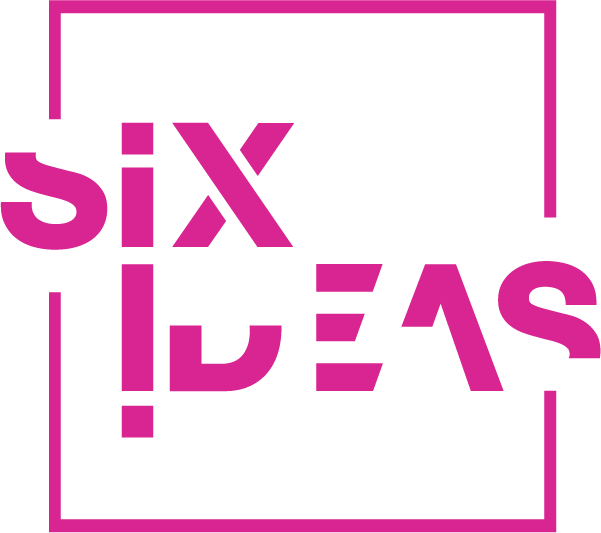Three extraordinary Innovation Centres
The University of Melbourne Study Tour continues…
There is universal interest in creating facilities and indeed whole precincts to foster innovation. All of the universities we visited had innovation centres to support non-curricular student projects and start-ups but of these three were outstanding.
At ETH University in Zurich we visited the Student Project House, an extraordinary 1200 sq.m. facility housed in a former central energy building in the centre of the city campus.
It provides space for non-curricular student and staff project-based activities with an Ideaspace over three levels providing mini-auditorium, open and enclosed project rooms and co-working spaces.
On the lower levels there is a student-run Makerspace with a range of open and enclosed equipment rooms and a Digital Makerspace that offers support from student volunteers with programming experience and workshops on digital tools and frameworks.
The Project House is open 8am-8pm. Basic student inductions are held every day and machine inductions are scheduled. Students have to swipe in with ID cards and this will identify the machines they can access, which they also have to swipe onto. Machines they are not qualified to use will not turn on. A similar arrangement exists for tool cabinets.
60 students manage the facility, and they train other students. There are 20 FTE support staff working in the building and there are currently 400 projects running across the five floors.
The Project House also hosts events with a recent example being the HackaHealth hackathon held in the Project House in November 2023. In this event six challenges were addressed by 60 hackers over 48 hours to generate personalised solutions for enhancing the daily living of the people with disabilities, who actively participated in the event.
At TU Delft in the Netherlands the D:DREAM Hall is an innovation facility that, like the Student Project House in Zurich, has been created through the conversion of a former civil engineering workshop and supports “D:Dream Teams”, an acronym for Delft: Dream Realization of Extremely Advanced Machines.
Dream Teams are entirely student driven. Teams are selected on the basis of a project plan which sets out the nature of the project, how it will be achieved and how it will be funded. Students typically put their studies on hold for 6-12 months whilst participating.
Teams are international and interdisciplinary with between 10 and 40 full-time and part-time members, of whom at least 50% must be TU Delft students. Their projects are typically technical, challenging and groundbreaking with clear goals that fit within the Strategy and Societal Objectives of the university. They have deadlines to complete within one year and their participation is entirely extra-curricular with no credits nor inclusion in a study program.
Up to 10 teams can be assigned space in the Hall at one time which in addition to the general workshop and other facilities includes access to dedicated workshop space on the ground floor and collaboration and office space on the upper levels.
Examples of teams that have space assigned in the Hall are:
Delft Hyperloop – developing the design, technology and infrastructure for the future implementation of the hyperloop system
Project March – improving the quality of life of people with paraplegia using exoskeleton technology
Delft Hydromotion – building a green-energy propelled boat to accelerate the energy transition of the maritime industry
Eco-Runner – promoting a sustainable future by building the world’s most efficient hydrogen powered city car
Emergence Delft – combining art and technology to develop new artistic media and reflect on our evermore digital society
Space Oasis Delft – designing a self-sustaining space village with innovative habitats where future generations can thrive.
Epoch – making AI more accessible by training AI engineers, developing state of the art software and involving as many people as possible.
The SkyLab at Technical University of Denmark (DTU) in Copenhagen is another outstanding innovation facility. Skylab is a 5,500 sq.m. facility with labs, workshops, auditoriums, open spaces and project rooms.
It is a cross-disciplinary facility used by various institutes at DTU and offers soft funding, business acceleration, prototyping and a space to grow for deep tech start-ups and pre start-up projects. DTU Skylab also hosts many extra-curricular events and programs initiated by staff and the wider community.
An example is the Skylab Minisprint program where talented students and experienced industry representatives work together over the course of a day to explore ideas for innovation in sustainability, prototypes or projects.
Skylab has a range of facilities including start up space for students and researchers with access to workshops and workspace, makerspace, fabrication and prototyping workshops, a Foodlab and science labs and a large flexible auditorium and event space that can also be used as a flat floor teaching space.
Skylab is open 24/7 although the specialist workshops are restricted to 8-4pm and students have to swipe into these once they have completed safety and protocol inductions.
Access for start-ups to Skylab is based on technical, business and sustainability criteria which are evaluated twice a year. The incubator function provides students with free access for six months + access to advisors.
In addition, funding is available for teams with at least one DTU student/researcher or alumni (within 1 year from graduation) and can be between DKK15,000 (A$3,000) and DKK150,000 (A$30,000). Applications are assessed on novelty, impact, feasibility and diversity. The funding comes from 10 industry partners and can be used for prototyping materials, prototype testing, conference participation and travel, external consultants and advisors, equipment rental and specialized software and hardware.




